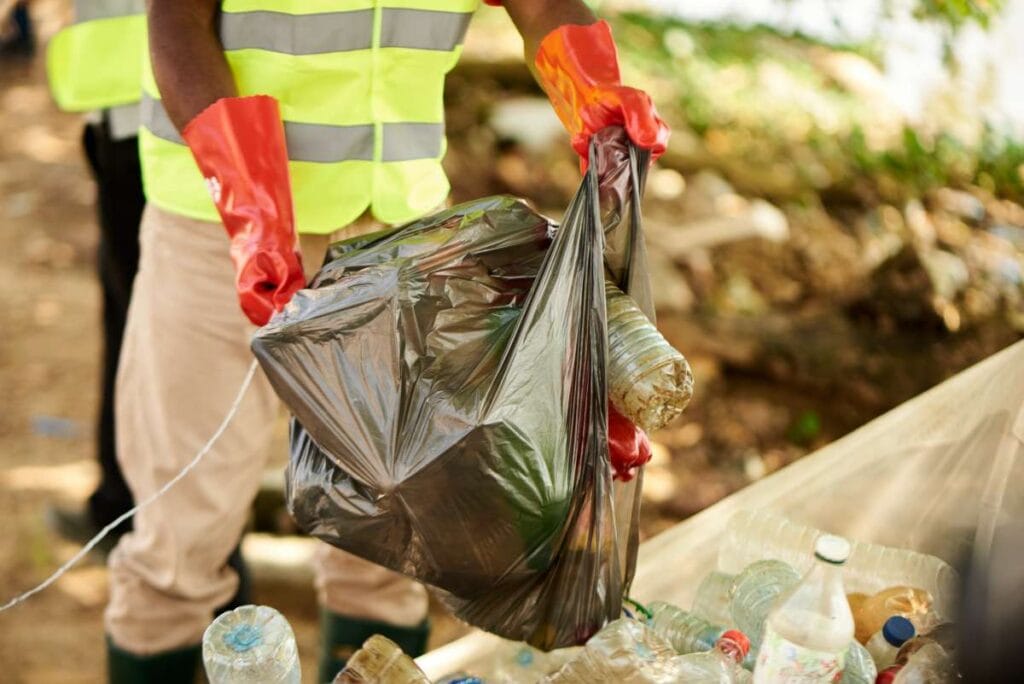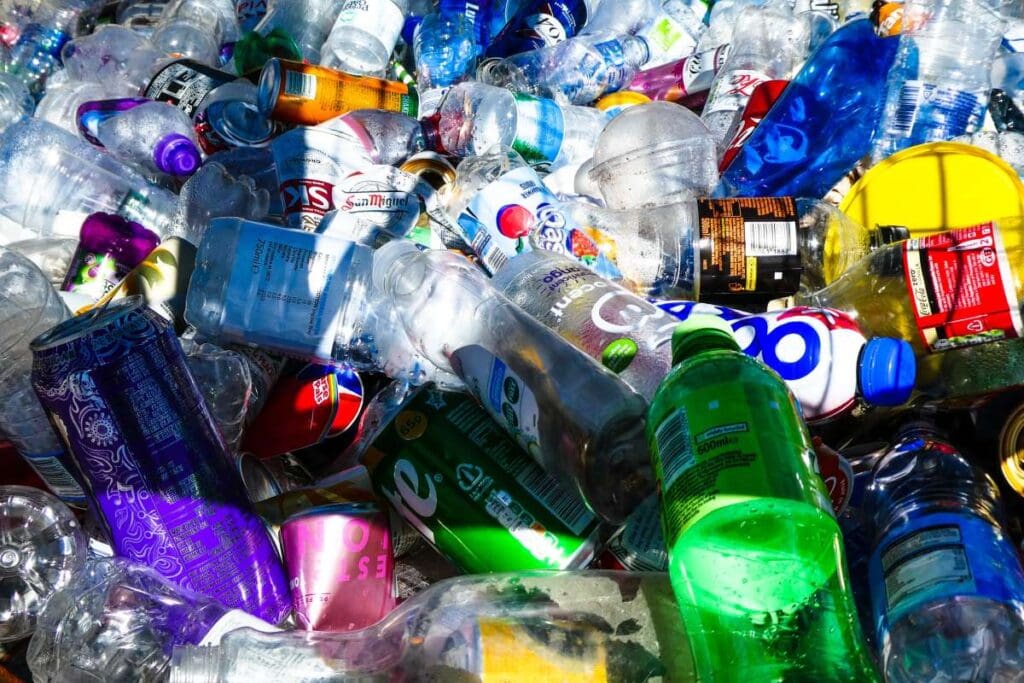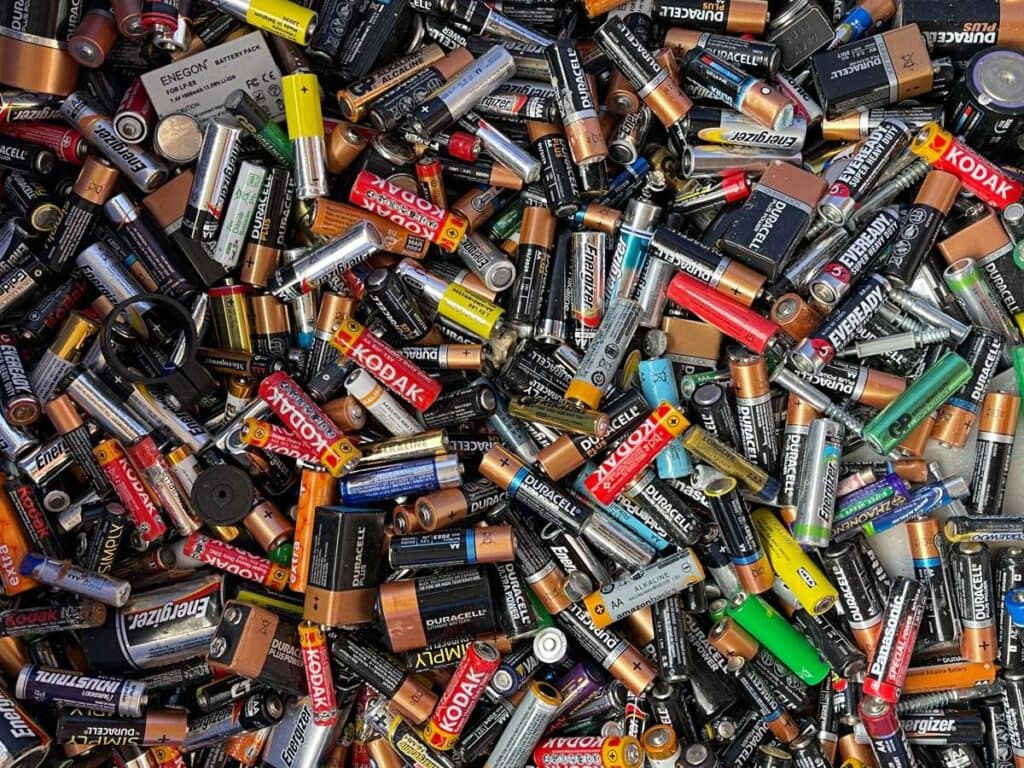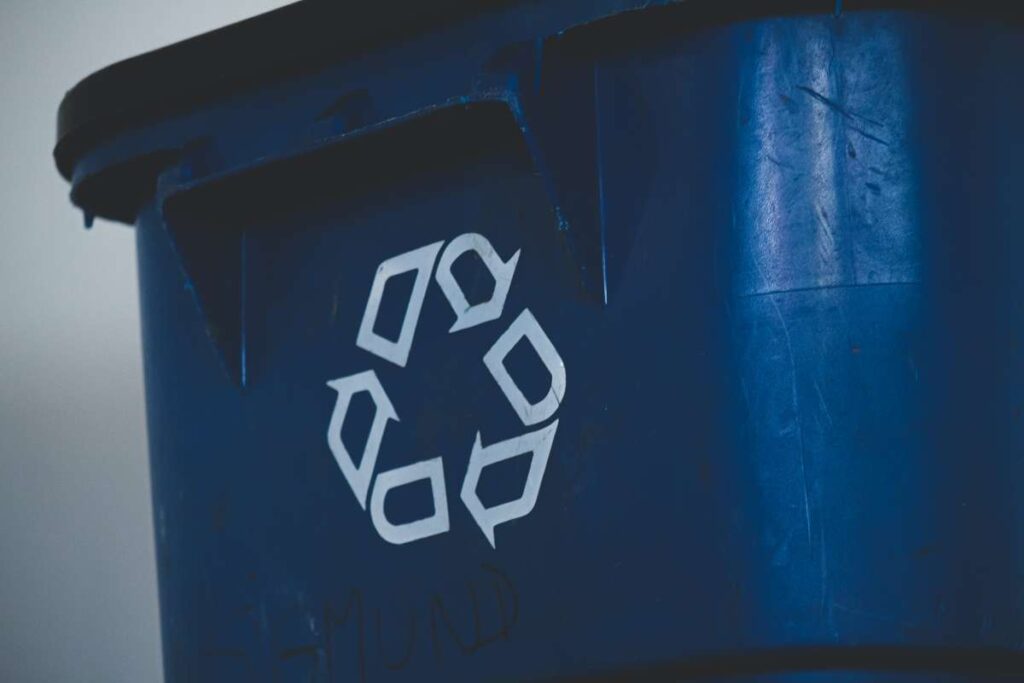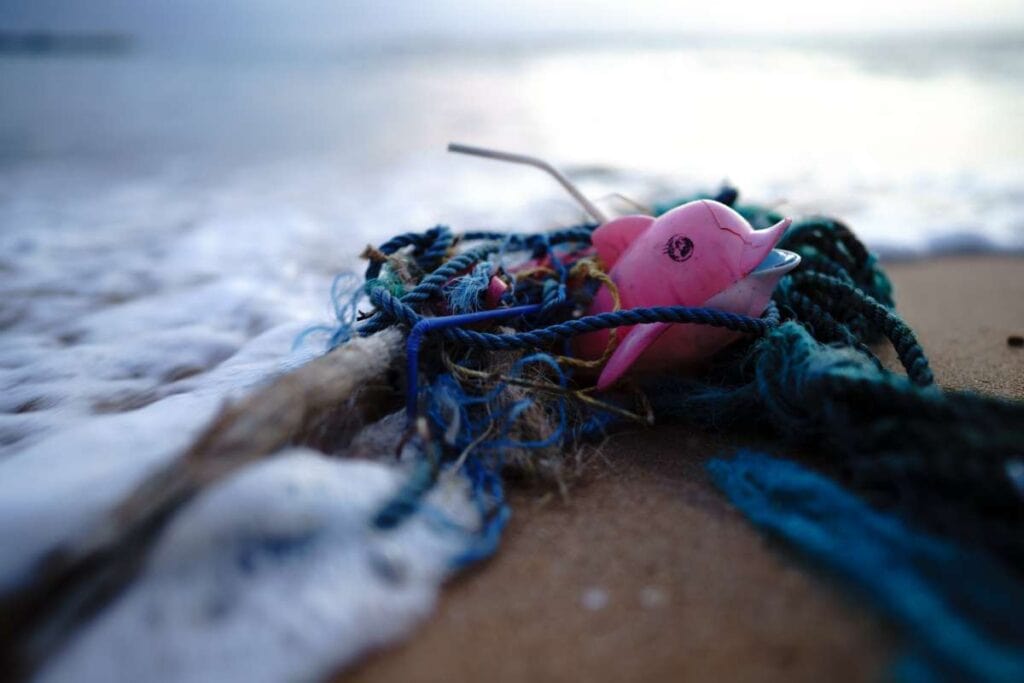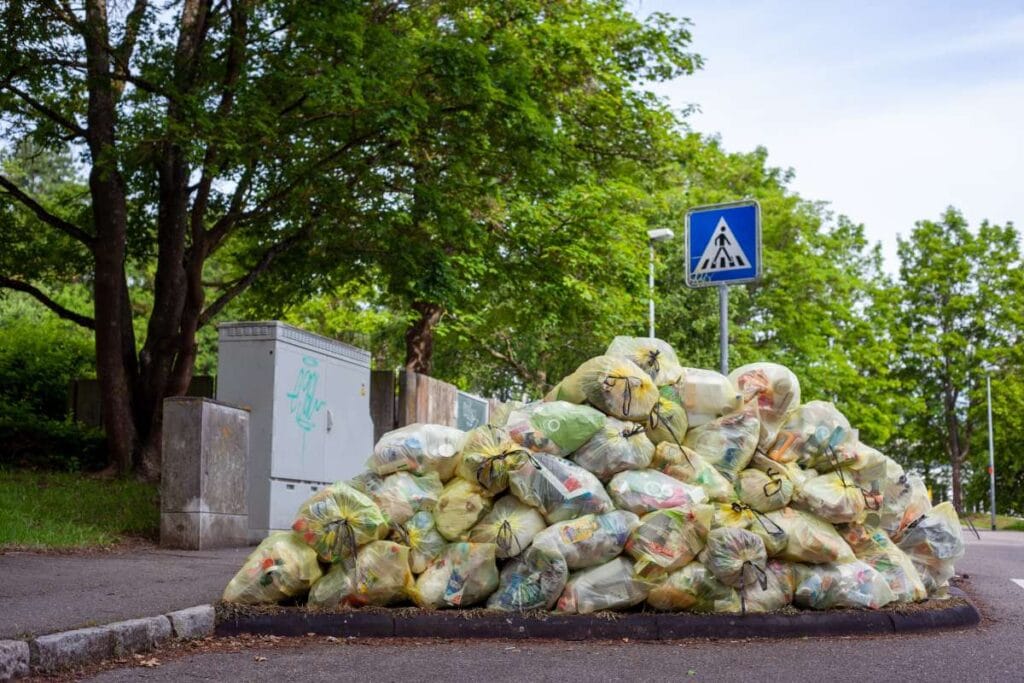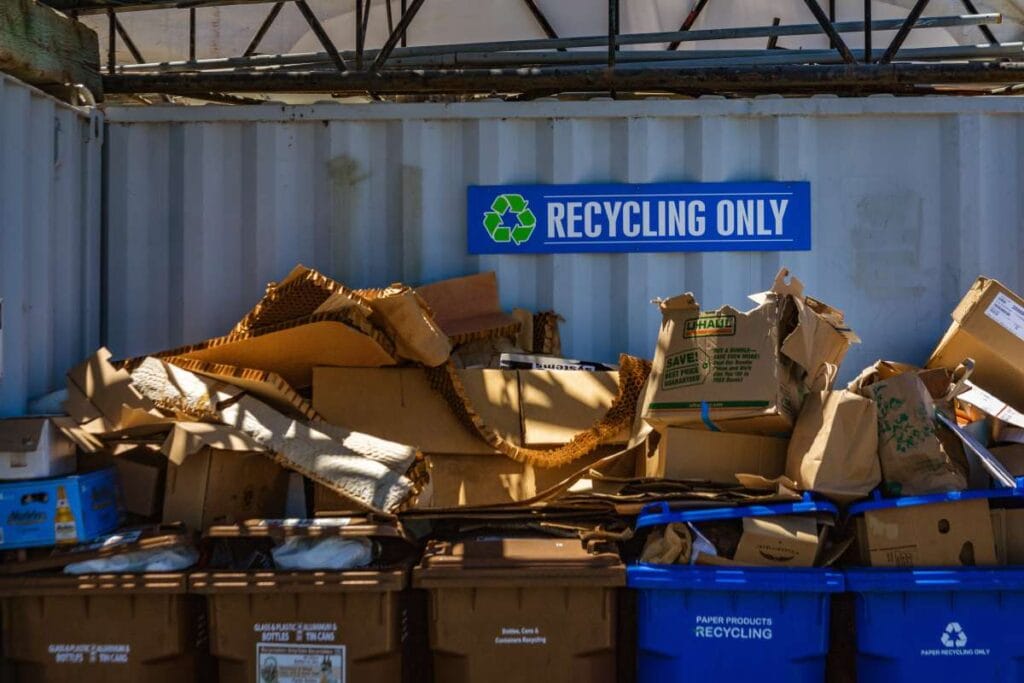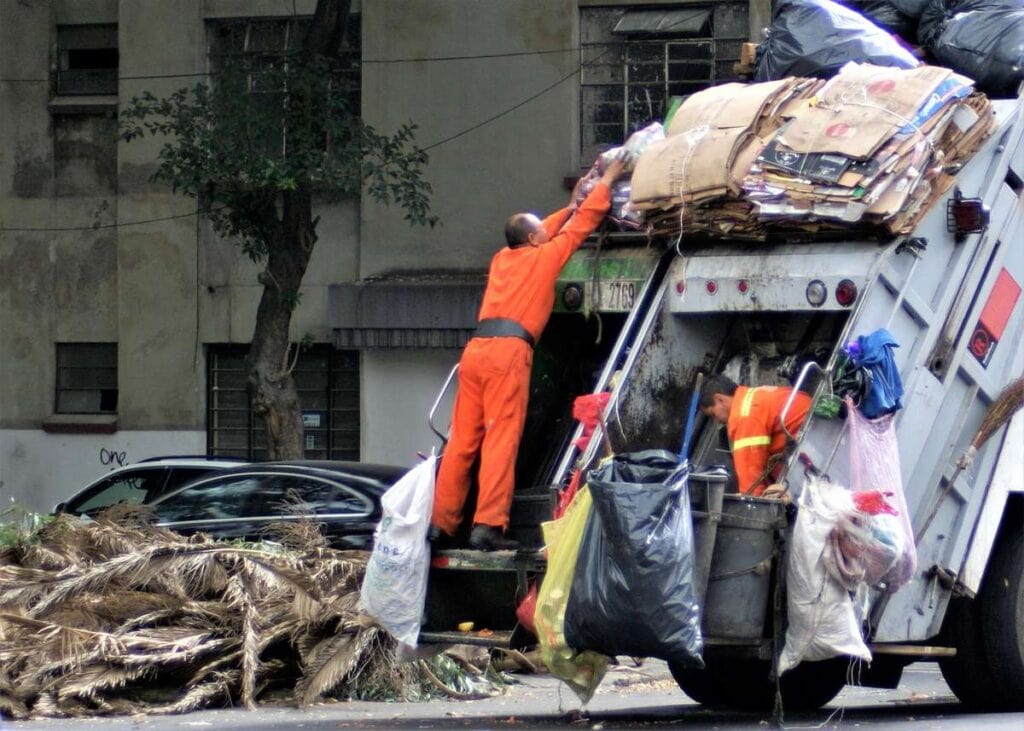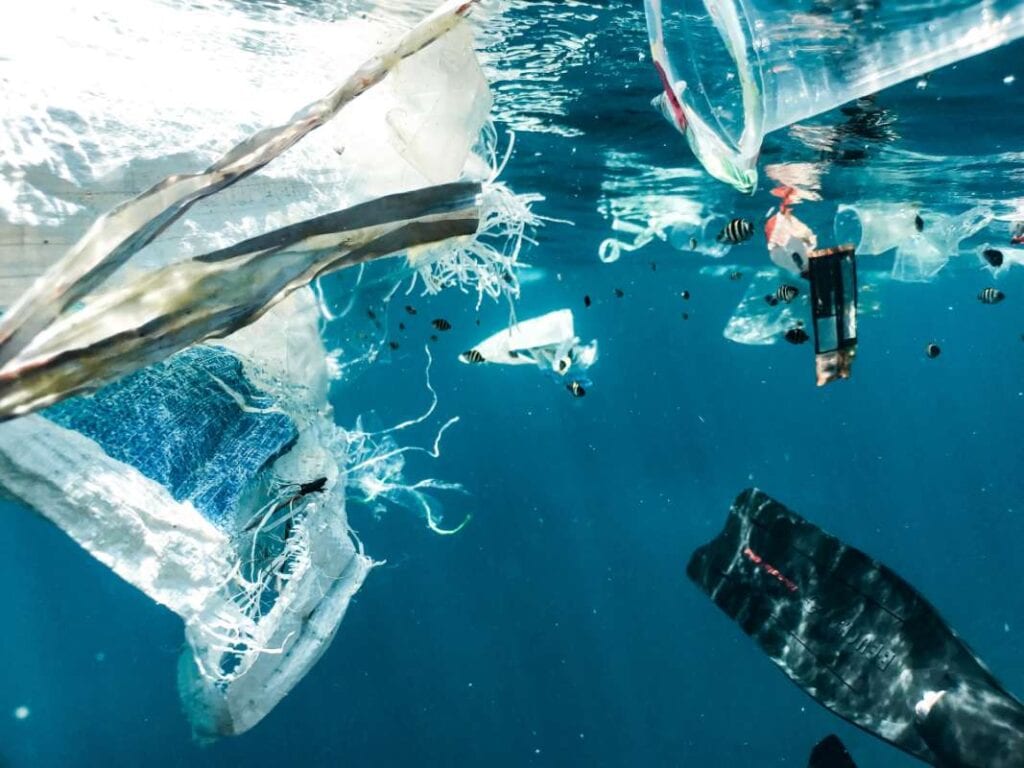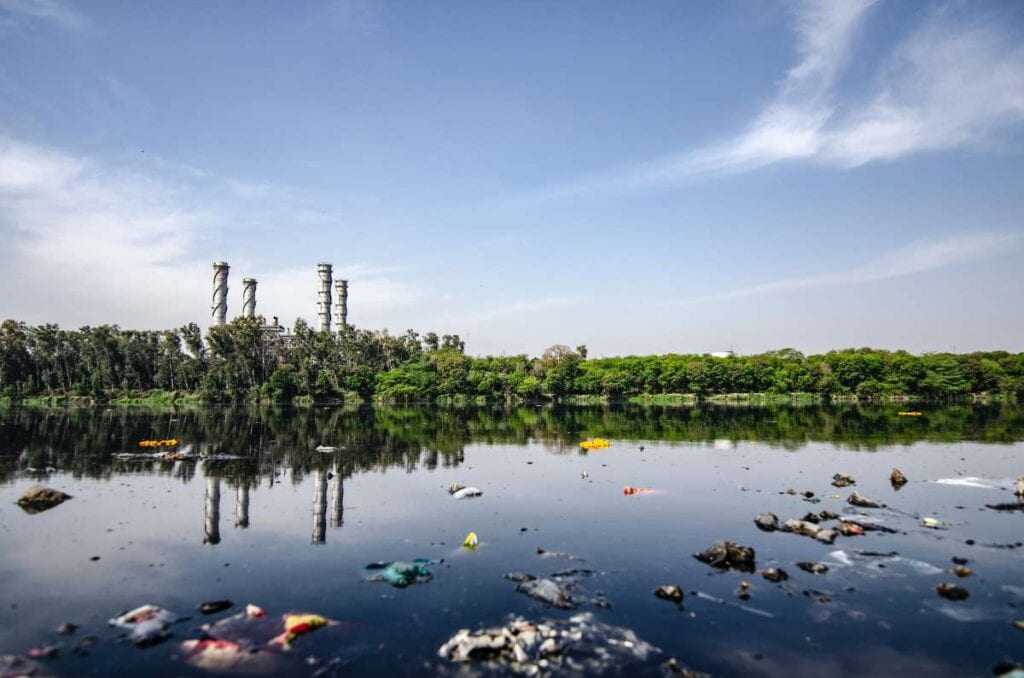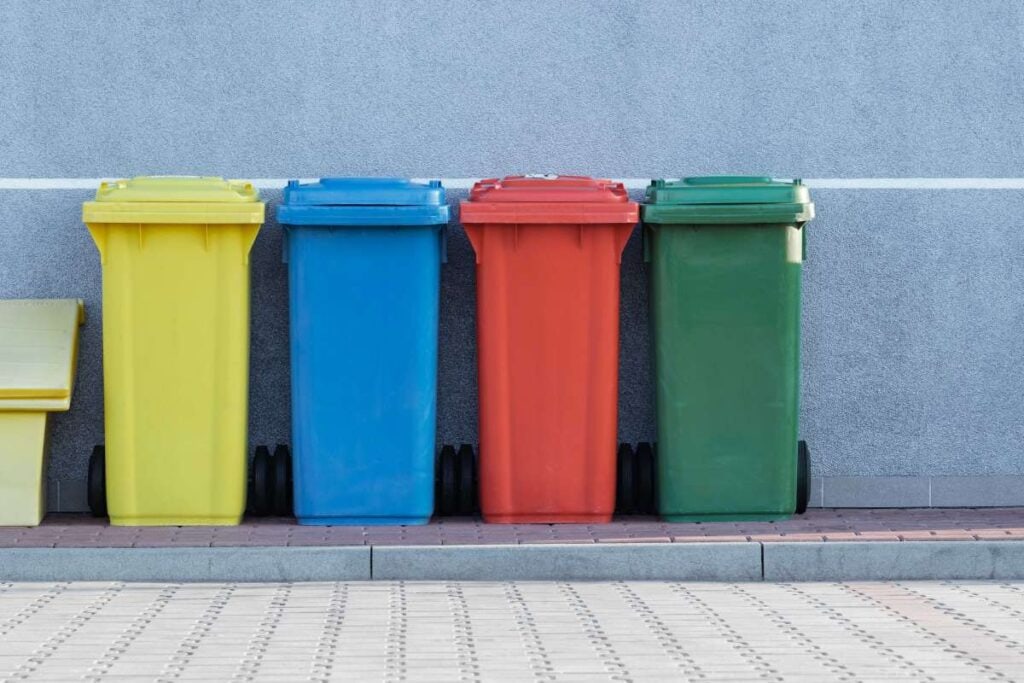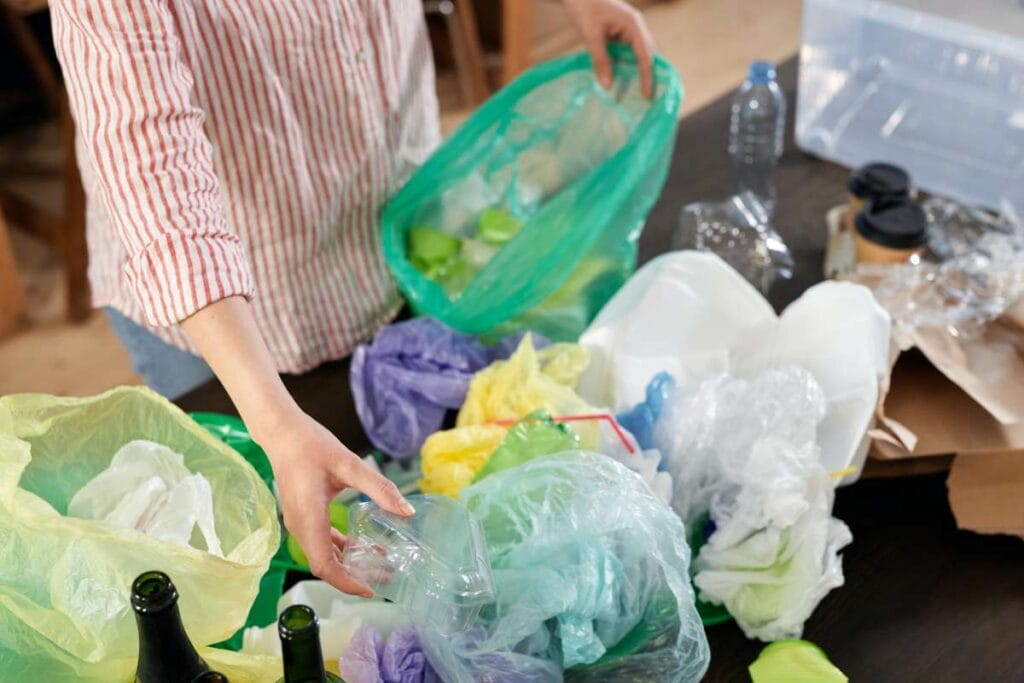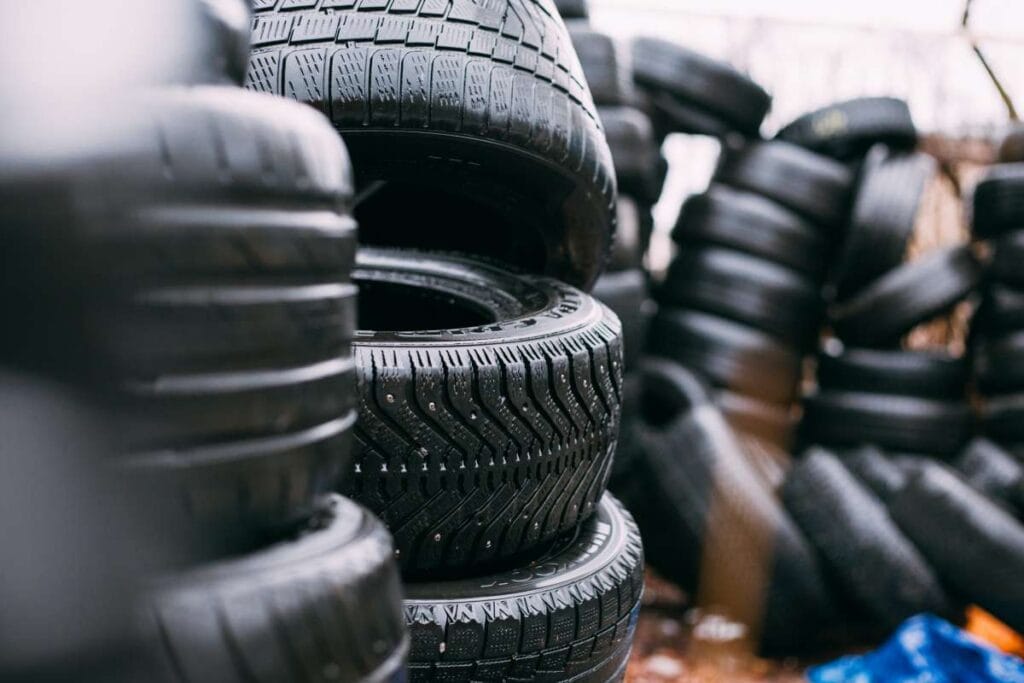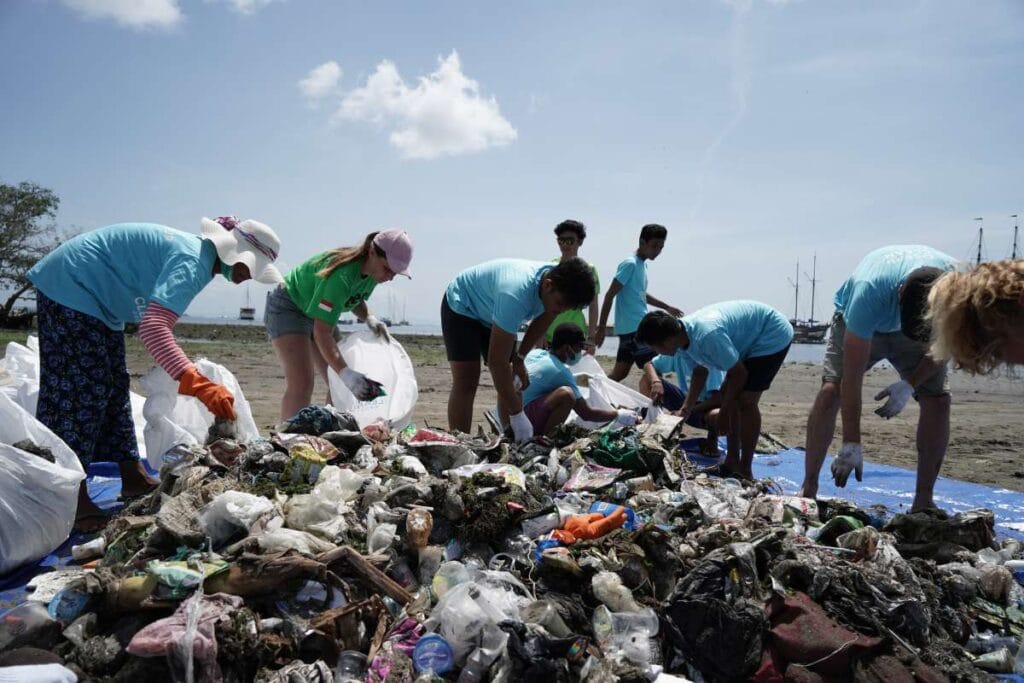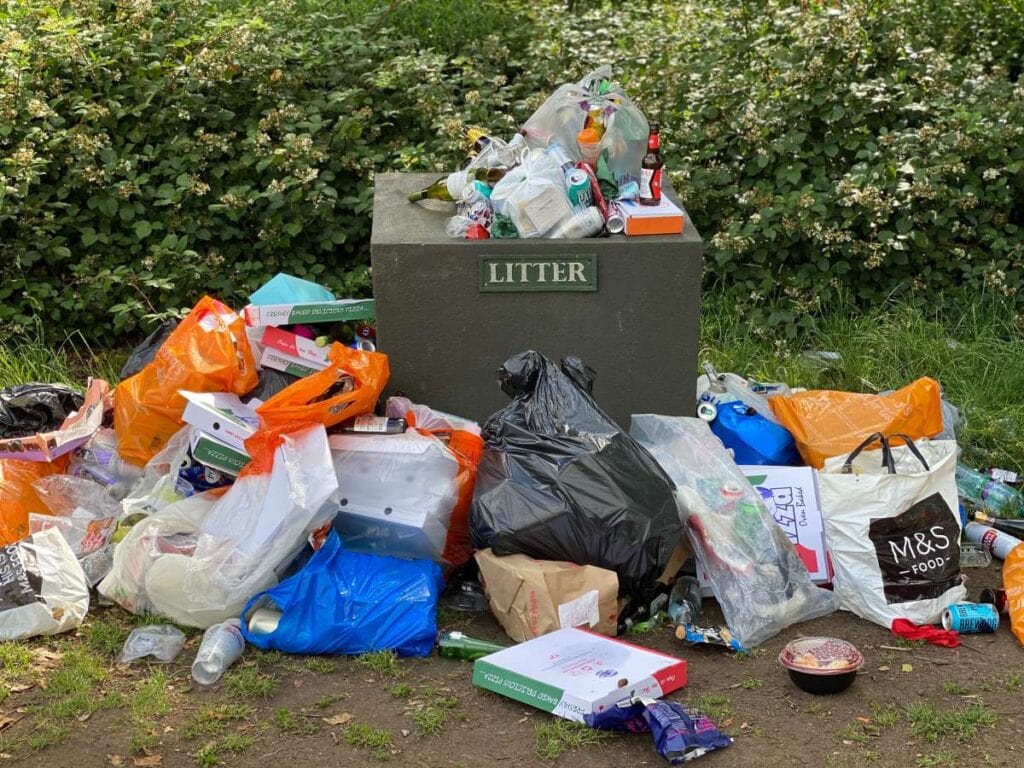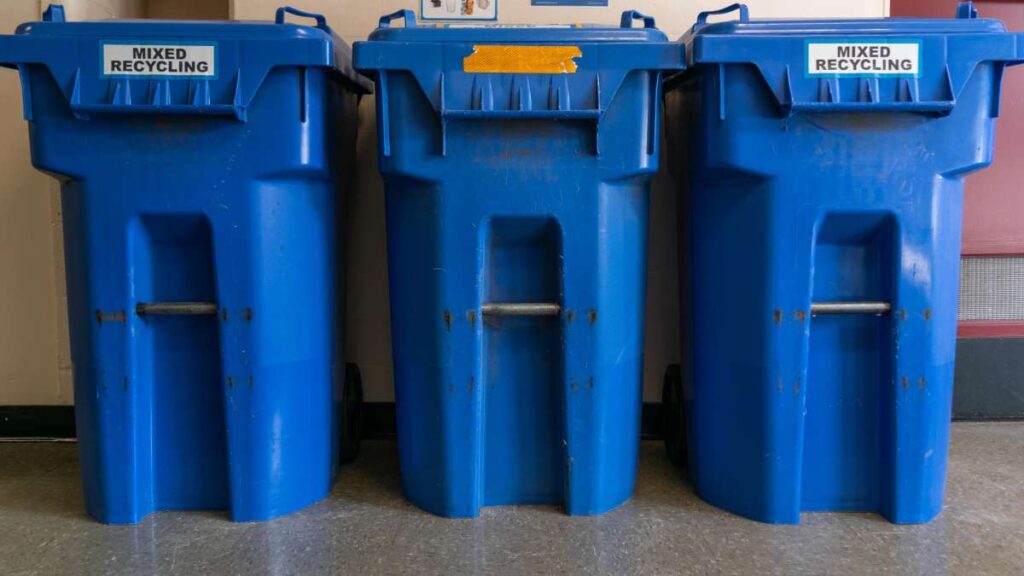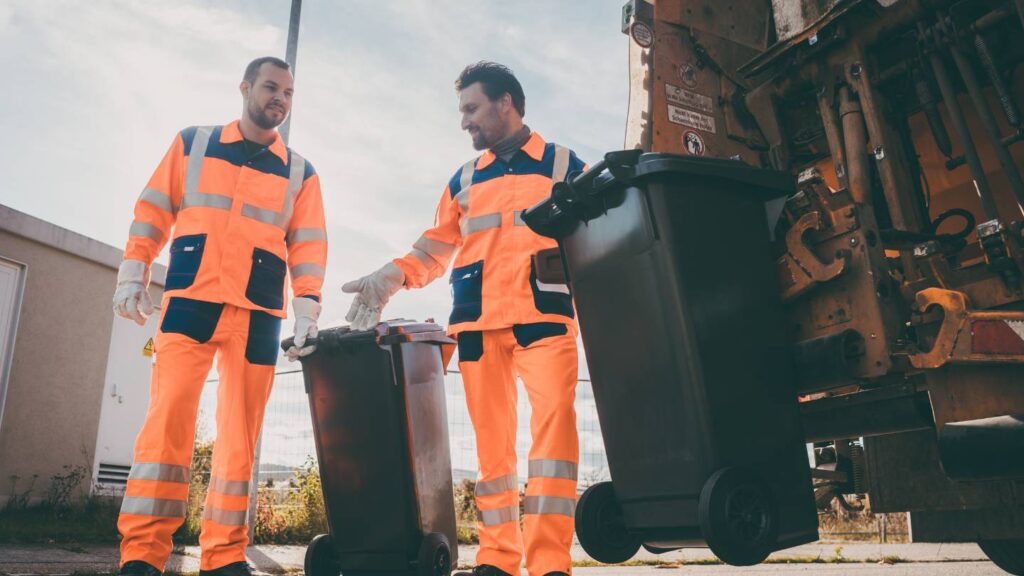The environmental, health, biodiversity, and economic costs associated with plastic pollution have quickly elevated it to the status of a pressing global issue. The United Nations Environment Programme (UNEP) predicts that by the year 2030, the amount of plastic waste floating in the world's oceans and other bodies of water will have increased by more than 100%. This worrying trend calls for immediate action to address the issue head-on. Getting rid of the trash in an organised manner is an important step towards reducing plastic pollution.
In order to keep plastic trash out of ecosystems and water supplies, rubbish collection plays a crucial role. Without proper waste management, plastics in landfills can leach into waterways, where they can harm aquatic organisms and ecosystems. Plastic pollution has far-reaching effects on human livelihoods, food security, and social well-being, in addition to its effects on wildlife and habitats.
The production of plastic has detrimental effects on human health and the environment, and this industry's dependence on fossil fuels only serves to exacerbate the global warming crisis. A multifaceted strategy, including waste prevention, recycling, and the promotion of eco-friendly substitutes, is needed to combat plastic pollution. The efficient disposal of trash is a crucial part of this comprehensive plan.
What Is The Plastic Pollution Crisis?
The oceans are the clearest indicator that the rate at which plastics are entering our environment has reached crisis levels. Up to 12 million tonnes of plastic are thought to enter the ocean every year.
However, plastic is a problem for the environment, human health, and social justice, as well as the ocean and garbage. Throughout its existence, plastic has contributed to climate change because it is almost entirely derived from fossil fuels like fracked gas and oil.
The fossil fuel industry is diversifying into the plastics market as oil demand falls around the world. Companies like Coca-Cola, Nestlé, and PepsiCo, which pollute the environment with their use of disposable plastics, are largely responsible for this increase in fossil fuel production, which in turn is laying the groundwork for a catastrophic increase in the use of disposable plastics. And if businesses have their way, plastic production could increase by 500 per cent by 2030.
Increasing plastic use in the fossil fuel industry will have the same negative effects on human health and the environment. The petrochemical and plastic production industry has a long history of environmental racism, with examples including "Cancer Alley" on the United States Gulf Coast, where the plastic industry poisons Black, Brown, and frontline communities, and "Cancer Village" in the Global South of China.
How Did The Plastic Pollution Crisis Happen?

The petrochemical and fossil fuel industries, along with consumer goods behemoths, spent millions of dollars on advertisements in the 1970s to promote the myth of plastic recycling, which misled consumers into thinking that recycling was a real solution to the plastic packaging explosion.
Now we know that the recycling hype was just a smokescreen for the plastics industry to continue producing ever more plastic for profit. Recycling is not and has never been an effective solution to the plastics crisis, which is having devastating effects on the world's environment, oceans, and communities.
What are the causes of plastic pollution?
The most common causes of plastic trash are enumerated here. Although addressing some of these causes may be difficult, knowing about them can help us make better consumption decisions.
- We produce a lot of trash. As a society, we produce enormous quantities of trash, much of which is plastic. Less waste on our part would go a long way towards improving things.
- Netts used in commercial fishing. Although they have their uses, fishing nets pose risks to marine life when they break, release toxic chemicals into the water, or remain in the ocean permanently. There need to be stricter fishing laws and better management.
- Poor waste management. Too much plastic isn't recycled when it should be and instead ends up in dumps or as litter in the environment. It's also commonly burned, which releases fossil fuels and contributes to pollution levels in the air.
- Period of decomposition. Given the magnitude of the problem, the fact that plastic takes more than 400 years to decompose is unacceptable.
- Pollution disperses in the wild. Because plastic is typically so lightweight, it can be easily dispersed by the wind, rivers, and ocean.
- Using too much plastic. The vast majority of the problem can be attributed to our excessive plastic production. The volume of garbage we generate is beyond our control.
Why Is Plastic Waste Damaging The Planet?
While the focus of this article will be on individual actions that can be taken to lessen plastic use, it is important to note the many ways in which plastic is harmful to the environment and the people who inhabit it. Check out our comprehensive guide to climate change for more information.
- The food chain is thrown off by this. One of the many ways this occurs is when animals ingest plastics and then pass those chemicals on to other animals in the food chain, where they can do serious harm.
- It may be harmful to people's health. When plastics contaminate our food supply, we risk ingesting potentially harmful chemicals.
- Pollution of groundwater threatens the safety of our drinking water. The plastics in our water systems pose a serious health risk because they leach toxins into the water, which we then ingest.
- That stuff is awful for pets. Plastic isn't just bad for humans to ingest; it's also bad for animals. The same goes for land animals that choke to death in plastic bags and marine animals that get caught in nets.
- It pollutes the environment on all fronts. We've already covered how plastic contributes to environmental problems on land and in water, but it also has an impact on air quality when it's manufactured.
- Cleaning up plastic trash is a time-consuming and costly process. Because of its pervasiveness and persistence, plastic waste poses significant environmental and economic challenges.
The Significance Of Rubbish Removal In Addressing Plastic Pollution
Environmentally Sound Management Of Plastic Waste
Avoiding the creation of plastic waste is preferable, but once it has been produced, it must be managed in an environmentally responsible way to prevent harm to humans and the planet. Plastics pollute the environment and endanger human health when there is no system in place to collect and dispose of them. The Basel Convention has been updated to include new provisions for dealing with plastic trash.
Plastic Waste Trade
The global trade of plastic waste has increased in tandem with the meteoric rise in the amount of trash made from plastic. Around $3.3 billion was traded internationally in 2018 for about 8 million metric tonnes of plastic waste. Most of these exports end up in the Global South because of the lower costs of energy and labour there.
However, between 5 and 20 per cent of imported scraps in these countries have no market value, so they are discarded in landfills or burned, resulting in environmental damage. Even when recycling occurs, it is frequently done in low-quality facilities that pose risks to the health of workers as well as to the local community and the environment. Since January 2021, when the Plastic Amendments to the Basel Convention went into effect, the global trade of plastic waste has been regulated.
Recycling
About nine per cent of all plastic made by humans since the 1950s has been recycled. Only about 14 per cent of plastic waste is currently being collected for recycling, despite growing interest in and investment in plastic recycling systems and infrastructure. Due to the negative effects on human and environmental health caused by plastic waste being dumped in landfills or burned, recycling is being seen as a potential solution to the plastic pollution problem. However, due to the nature of plastic, recycling the material presents many difficulties. Though important, recycling alone won't be enough to deal with the full impacts of plastics throughout the entire value chain.
In addition to recycling, the practice of "offsetting" plastic waste provides false hope for reducing plastic pollution. Since "legacy plastics," or plastics already in the environment, tend to accumulate toxicity levels that render them unrecyclable and do not compensate for the damage caused by newly produced materials, the practice of collecting them cannot justify the production of virgin plastics.
What Can We Do About Plastic Pollution?
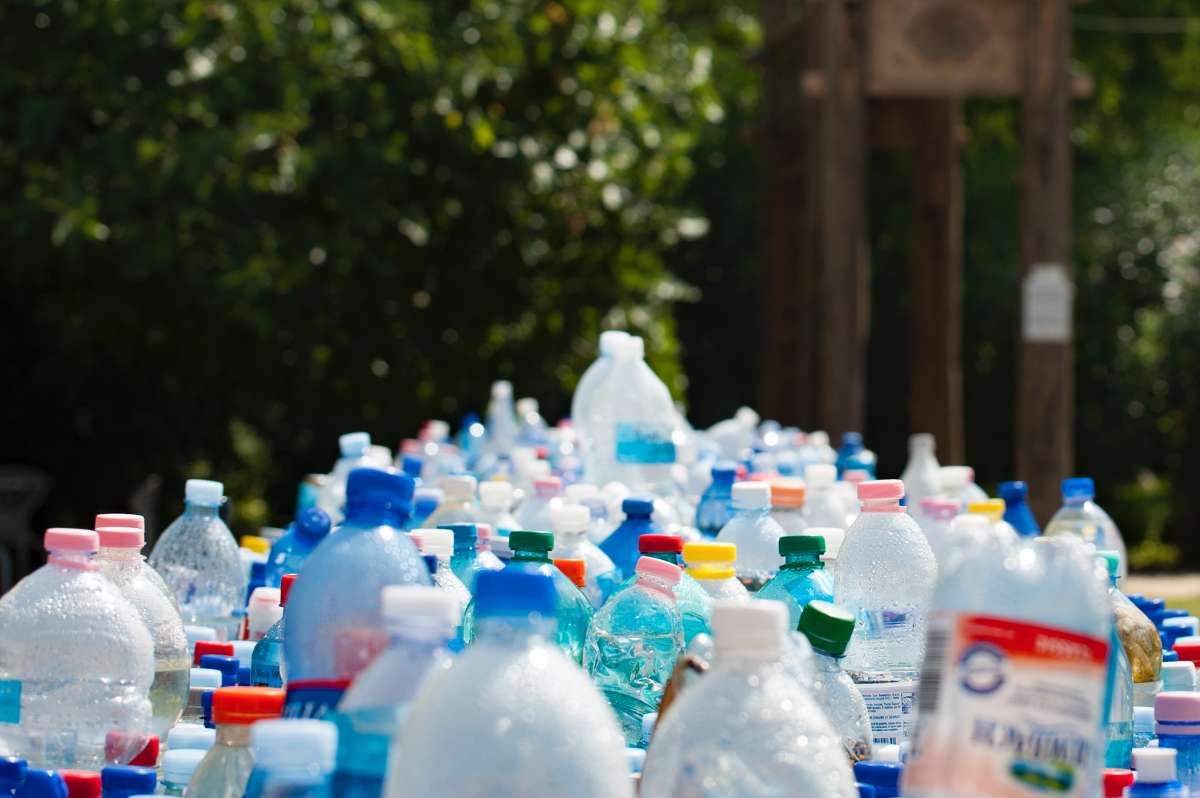
The future of petrochemical production lies in plastics, and the plastics industry, which is closely tied to the oil and gas industry, is investing heavily in it. To counteract the questionable tactics of the fossil fuel industry, advocates must urge the biggest polluters to stop contributing to the plastic crisis.
In March 2022, at the United Nations Environmental Assembly, governments established a mandate to negotiate a global, legally binding plastics treaty that addresses the entire lifecycle of plastics. This Global Plastics Treaty, a unique opportunity to combat the crisis, will be finalised by the end of 2024.
The negotiations for the Global Plastics Treaty are underway, and it is imperative that the treaty lives up to its potential to pave the way for a future without plastic. A strong treaty could halt the incessant production of plastic by major polluters, leaving oil and gas in the ground.
A binding agreement to reduce global plastic use is crucial for the well-being of present and future generations. The goal is to put an end to the age of plastic, and the aid of millions worldwide is necessary to secure an ambitious Global Plastics Treaty that will stem the flow of plastics.
The treaty's successful implementation would have significant implications for health, communities, climate, and the planet, making it a vital issue for everyone.
Importance Of Waste Segregation
Segregation And Recycling
Recycling paper, plastic, and glass from landfill and compostable waste is the most common form of segregation for many businesses. Several issues arise from the fact that the quality of recycled paper and plastic is diminished due to contamination when non-recyclable materials are added to recycling containers. Waste management companies can avoid this by spending more time and money sorting trash that isn't properly separated.
Customers end up paying more because recycled goods that have been tainted are sold at a discount. In fact, recycling is often not recycled at all but instead sent to a landfill if it is too heavily contaminated. The same holds true for compost, which can't be used or resold if it contains any non-compostable trash. When it comes down to it, recycling and waste sorting are the foundations upon which rubbish removal in Melbourne rests.
Other Types Of Waste Segregation
While it's crucial to recycle, it's also critical to sort hazardous trash from regular trash. The improper disposal of hazardous waste, such as by placing it in a regular trash can, can lead to disastrous consequences. You don't want to waste money by throwing away non-hazardous trash in hazardous trash cans because special handling is more expensive.
The Importance Of On-Site Segregation
Post-collection segregation is more time-consuming, expensive, and potentially harmful to the environment because it increases the likelihood that recyclable trash will be dumped. Proper on-site segregation of waste is the simplest approach to avoiding this issue altogether. Space, time, money, and effort can all be conserved in the recycling of your company's waste products by using clearly labelled containers for different types of waste and following well-understood recycling procedures.
FAQs About Rubbish Removal
Plastic pollution is the accumulation of plastic waste in the environment, including oceans, rivers, forests, and other ecosystems. Plastic waste can persist in the environment for hundreds of years, releasing harmful chemicals and damaging wildlife habitats. Plastic pollution has dire consequences for human health, the economy, biodiversity, and the climate.
Rubbish removal is essential to prevent plastic waste from accumulating in the environment. Proper disposal of plastic waste can prevent it from entering waterways, polluting soil, and harming wildlife. Rubbish removal services can also help sort and recycle plastic waste, reducing the amount of plastic that ends up in landfills or the environment.
Addressing plastic pollution requires a fundamental change in the way plastics are made, used, and discarded. Two studies recommend changing our thinking about plastic to prioritize reusable and recyclable alternatives. To fight plastic pollution in the long term, we must create less single-use plastic and eliminate plastics that are not easily or simply reused or recycled.
Littering harms the environment by polluting waterways, soil, and aquatic environments. Toxic materials or chemicals in litter can be blown or washed into rivers, forests, lakes, and oceans, damaging wildlife habitats and ecosystems. Littering can also have negative impacts on human health, the economy, and the climate.
Several innovations are being developed to fight plastic pollution, including retail services that deliver refills of everyday needs to people's doors without plastic waste. Governments and organizations worldwide are also taking action to reduce plastic pollution, such as banning single-use plastics and promoting recycling and sustainable practices.
Conclusion
According to the United Nations Environment Programme (UNEP), by 2030, there will be twice as much plastic debris in the world's seas and bodies of water as there is today. Reducing plastic pollution requires a comprehensive approach that focuses on reducing trash, recycling, and promoting sustainable alternatives. The negative impact of plastic pollution goes beyond species and habitats and has severe consequences for people's livelihoods, food security, and social well-being.
Excessive plastic manufacturing, fishing nets, poor waste management, slow decomposition, and high plastic usage are the primary sources of plastic pollution. These factors have had a significant impact on the world's ecosystems, oceans, and human populations. Better consumer choices can help address these issues.
Plastic waste poses risks to ecosystems, including the food web, water supplies, and air quality. The production process also affects the air quality in the surrounding areas. Cleaning up plastic waste is a costly and time-consuming activity that also has severe ecological and financial consequences.
International trade in plastic waste has been regulated since January 2021. While recycling plastic is often promoted as a way to reduce waste, it is not without challenges. Offsetting plastic waste is a mirage that gives the false hope of reducing plastic pollution. Advocates must push the biggest polluters to stop contributing to the plastic catastrophe and combat the dubious strategies of the fossil fuel industry. The Global Plastics Treaty presents a once-in-a-generation opportunity to address the plastic pollution problem.
For the sake of health, communities, climate, and the world, it is crucial that the treaty fulfils its potential to reduce global plastic use. Companies must practice waste segregation and recycling to avoid compromising the quality of recycled paper and plastic. Proper garbage sorting and recycling are essential for waste collection in Melbourne. Proper on-site segregation of hazardous waste from regular waste is the simplest solution to this problem. To save time, money, and energy, it is essential to recycle correctly and label containers clearly.
Content Summary
- The environmental, health, biodiversity, and economic costs associated with plastic pollution have quickly elevated it to the status of a pressing global issue.
- The United Nations Environment Programme (UNEP) predicts that by the year 2030, the amount of plastic waste floating in the world's oceans and other bodies of water will have increased by more than 100%.
- This worrying trend calls for immediate action to address the issue head-on.
- Getting rid of the trash in an organised manner is an important step towards reducing plastic pollution.
- The production of plastic has detrimental effects on human health and the environment, and this industry's dependence on fossil fuels only serves to exacerbate the global warming crisis.
- A multifaceted strategy, including waste prevention, recycling, and the promotion of eco-friendly substitutes, is needed to combat plastic pollution.
- The efficient disposal of trash is a crucial part of this comprehensive plan.
- The oceans are the clearest indicator that the rate at which plastics are entering our environment has reached crisis levels.
- Up to 12 million tonnes of plastic are thought to enter the ocean every year.
- However, plastic is a problem for the environment, human health, and social justice, as well as the ocean and garbage.
- Throughout its existence, plastic has contributed to climate change because it is almost entirely derived from fossil fuels like fracked gas and oil.
- Increasing plastic use in the fossil fuel industry will have the same negative effects on human health and the environment.
- The petrochemical and fossil fuel industries, along with consumer goods behemoths, spent millions of dollars on advertisements in the 1970s to promote the myth of plastic recycling, which misled consumers into thinking that recycling was a real solution to the plastic packaging explosion.
- Now we know that the recycling hype was just a smokescreen for the plastics industry to continue producing ever more plastic for profit.
- Recycling is not and has never been an effective solution to the plastics crisis, which is having devastating effects on the world's environment, oceans, and communities.
- The most common causes of plastic trash are enumerated here.
- While the focus of this article will be on individual actions that can be taken to lessen plastic use, it is important to note the many ways in which plastic is harmful to the environment and the people who inhabit it.
- One of the many ways this occurs is when animals ingest plastics and then pass those chemicals on to other animals in the food chain, where they can do serious harm.
- It may be harmful to people's health.
- When plastics contaminate our food supply, we risk ingesting potentially harmful chemicals.
- Plastic isn't just bad for humans to ingest; it's also bad for animals.
- It pollutes the environment on all fronts.
- We've already covered how plastic contributes to environmental problems on land and in water, but it also impacts air quality when it's manufactured.
- Cleaning up plastic trash is a time-consuming and costly process.
- Because of its pervasiveness and persistence, plastic waste poses significant environmental and economic challenges.
- Plastics pollute the environment and endanger human health when there is no system in place to collect and dispose of them.
- The global trade of plastic waste has increased in tandem with the meteoric rise in the amount of trash made from plastic.
- Around $3.3 billion was traded internationally in 2018 for about 8 million metric tonnes of plastic waste.
- However, between 5 and 20 per cent of imported scraps in these countries have no market value, so they are discarded in landfills or burned, resulting in environmental damage.
- Even when recycling occurs, it is frequently done in low-quality facilities that pose risks to the health of workers as well as to the local community and the environment.
- About nine per cent of all plastic made by humans since the 1950s has been recycled.
- Only about 14 per cent of plastic waste is currently being collected for recycling, despite growing interest in and investment in plastic recycling systems and infrastructure.
- Due to the negative effects on human and environmental health caused by plastic waste being dumped in landfills or burned, recycling is being seen as a potential solution to the plastic pollution problem.
- However, due to the nature of plastic, recycling the material presents many difficulties.
- In addition to recycling, the practice of "offsetting" plastic waste provides false hope for reducing plastic pollution.
- Since "legacy plastics," or plastics already in the environment, tend to accumulate toxicity levels that render them unrecyclable and do not compensate for the damage caused by newly produced materials, the practice of collecting them cannot justify the production of virgin plastics.
- The future of petrochemical production lies in plastics, and the plastics industry, which is closely tied to the oil and gas industry, is investing heavily in it.
- To counteract the questionable tactics of the fossil fuel industry, advocates must urge the biggest polluters to stop contributing to the plastic crisis.
- A strong treaty could halt the incessant production of plastic by major polluters, leaving oil and gas in the ground.
- A binding agreement to reduce global plastic use is crucial for the well-being of present and future generations.
- The goal is to put an end to the age of plastic, and the aid of millions worldwide is necessary to secure an ambitious Global Plastics Treaty that will stem the flow of plastics.
- The treaty's successful implementation would have significant implications for health, communities, climate, and the planet, making it a vital issue for everyone.
- Recycling paper, plastic, and glass from landfill and compostable waste is the most common form of segregation for many businesses.
- Waste management companies can avoid this by spending more time and money sorting trash that isn't properly separated.
- When it comes down to it, recycling and waste sorting are the foundations upon which rubbish removal in Melbourne rests.
- While it's crucial to recycle, it's also critical to sort hazardous trash from regular trash.
- Proper on-site segregation of waste is the simplest approach to avoiding this issue altogether.
- Space, time, money, and effort can all be conserved in the recycling of your company's waste products by using clearly labelled containers for different types of waste and following well-understood recycling procedures.
